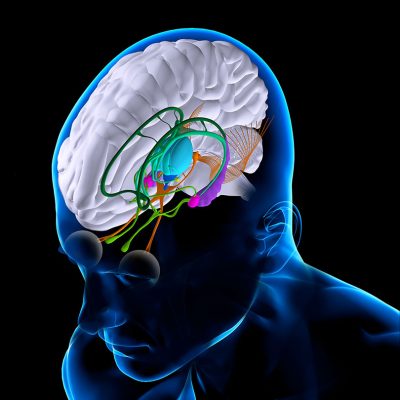A breakthrough in the fight against Alzheimer’s disease has been achieved by scientists at the Charité-Universitätsmedizin Berlin and the University of Zurich. By blocking a specific molecule in the immune system of mice, the researchers were able to significantly reduce the symptoms of Alzheimer’s disease in mice, and even stop the disease altogether. With an estimated 35 million people worldwide suffering from Alzheimer’s disease, the results of this study are highly significant. The next step is to conduct clinical trials on humans to determine whether the successful experiments on mice can be replicated in humans.
Alzheimer’s disease is still largely a mystery to scientists, but a few years ago, a link was established between the accumulation of the protein amyloid-beta in the brain and the disease. In the current experiments on mice, the researchers focused on interleukins, special messenger molecules in the immune system. They found increased concentrations of interleukin 12 and interleukin 23 in mice with Alzheimer’s disease. Both messenger molecules have increased levels of the molecule p40, which has been suspected in other studies to be linked to Alzheimer’s disease. In a series of experiments, the researchers blocked the production of p40 in genetically modified mice, and prevented the suspicious molecule from finding suitable docking sites in the mice’s bodies. In both sets of experiments, the accumulation of amyloid-beta protein was reduced by around 65%, and the typical symptoms of Alzheimer’s disease improved.
The researchers also administered antibodies for the p40 molecule to mice with Alzheimer’s disease, either in the blood or directly into the brain. This also reduced the accumulation of amyloid-beta and improved memory. The exact function of the p40 molecule in Alzheimer’s disease is still unknown, but future studies will aim to clarify this. The researchers are optimistic that the results can be replicated in humans, as there are many similarities between the disease progression in humans and mice. A smaller study also found increased p40 levels in the cerebrospinal fluid of Alzheimer’s patients, and a clinical trial is planned to determine whether the antibody treatment will have the same results in humans.










